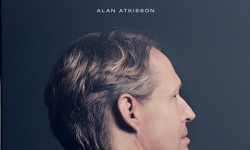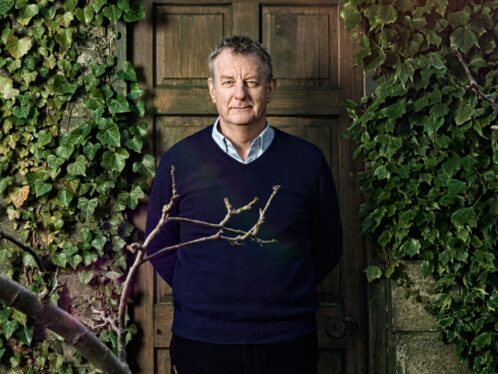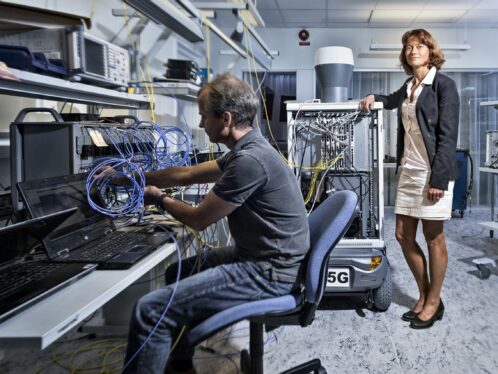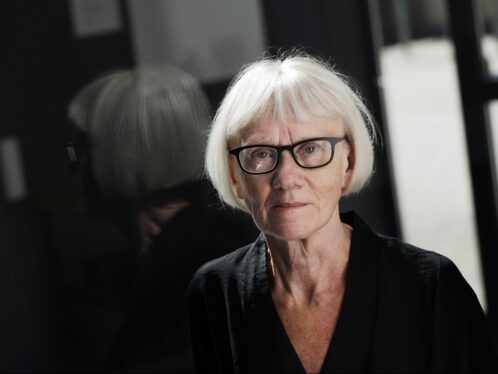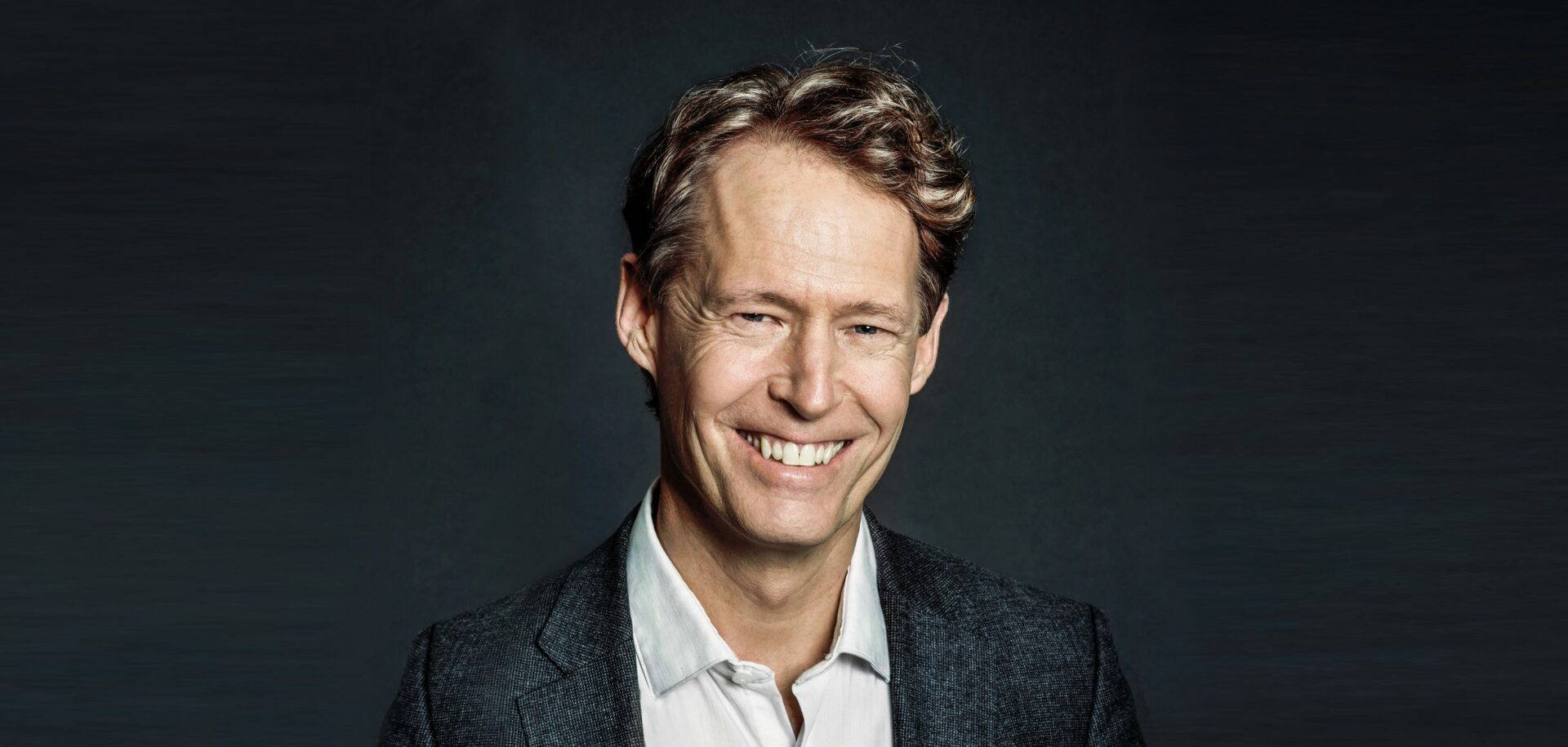
A ballad of sustainability
As he travels the globe to consult with companies, organizations and governments on sustainability issues, Alan AtKisson finds it helps to employ creativity. That’s why he takes his guitar along.
Welcome to the global headquarters of the AtKisson Group,” says sustainability guru Alan AtKisson, leading a visitor to a 10-square-metre cabin behind his house in the forested outskirts of Stockholm. The cabin, with its couch, desk and Ikea bookshelf, is deceptively simple, considering that this American expatriate spends much of his time with clients in such countries as Belize, Korea and Indonesia. AtKisson is a globetrotter with a purpose. He writes, consults, moderates, lectures and trains executives on issues of sustainability for non-governmental organizations, cities, governments and companies, including Levi Strauss and the Kuwaiti licensee for Toyota. AtKisson’s cabin and his laptop form the hub of an enterprise that includes more than 50 consultants and organizations around the world that promote his specific set of tools, honed from almost 30 years of experience. Talk about sustainability can be rife with buzz-words, programmes, strategies, reports, policies, acronyms and apocalyptic scenarios that, despite their seriousness, have people yawning. AtKisson is no stranger to both the tools of the trade and the pitfalls. Besides offering a suite of software tools to promote sustainability, he also carries his guitar when he travels. Punctuating his lectures with songs like “Dead Planet Blues” and “The Exponential Growth Song”, he underlines his real message that change is possible, even in the bleakest circumstances. At a recent TEDx Talk (Technology, Entertainment, Design) at Uppsala University in Sweden, AtKisson sang a cautionary tale about unintended consequences. It seems the World Health Organization tried to combat malaria in Borneo in the 1950s by spraying DDT to kill mosquitoes. The DDT worked its way up the food chain to cats, which died and left rats to proliferate, causing outbreaks of typhoid and sylvatic plague. “To make sure that you don’t get me wrong, here is the moral of my little song,” AtKisson crooned to the Swedish TEDx audience. The earth is a very complicated place. Back at his cabin, AtKisson says, “Doing sustainability requires creativity to get complex information across and keep people interested.” AtKisson specializes in working with the systems that large organizations use to bring sustainability issues and corporate social responsibility to the boardroom level. “Corporate leaders are increasingly finding a business case for sustainability and CSR [corporate social responsibility] work,” AtKisson says. “Activists sometimes criticize companies like Nike, GE, Coca-Cola and Levi’s. But if you’ve watched this space for the past 25 years, as I have, what you see is an enormous mind shift where innovation, profitability and sustainability have become inextricably linked. Even CFOs are on the cutting edge of the debate and are talking about it. Sure, I worry about climate change and the islands of plastic floating around the Pacific. But the pace of change is speeding up. I really believe that.” Fostering change means identifying processes, people and functions in organizations to adopt new technologies and ideas that make economic as well as environmental sense. Levi Strauss, for example, pioneered a process that removed most of the water from the manufacture of its famous “stone-washed” jeans and at the same time counselled customers to wash the jeans less often. “The company saves money, the planet saves water, and everyone looks good,” AtKisson says. As another example, Renault and Caterpillar are spearheading a process known as “re-manufacturing”, where engine blocks, cylinders and other parts are refurbished and sold as “as new”, reducing raw material use by as much as 90 percent. This is a trendsetting industrial phenomenon known as “the circular economy”. “It is about closing the life-cycle loop of a product, shifting from ‘raw-material-to-product-to-garbage’ thinking to cyclic thinking with new technology and new processes,” AtKisson says. “There is a huge profit potential here that is now being recognized and monetized.” While he underscores that humanity is in a race against time, he still finds much to be optimistic about. “There is still so much low-hanging fruit out there, ripe to be picked,” he says. “I mean, we’ve only just scratched the surface of how sustainable humanity can be.” AtKisson’s optimism-against-all-odds approach is also apparent in his songwriting. “Set the World Right Again”, from his recent In the end it all comes down to love
It’s a living web of delicate lace.
So if someone tries to tear it up, say ‘no’
Or you’ll be parachuting cats into Borneo.
American Troubadour album, is a fast-paced rock song with a simple message.
What you care enough to be the champion of
And believe, no matter how hard it seems,
That it’s possible to live this dream
And set the world right again.


